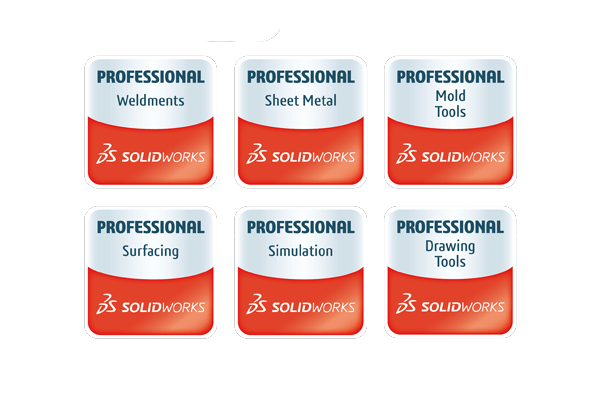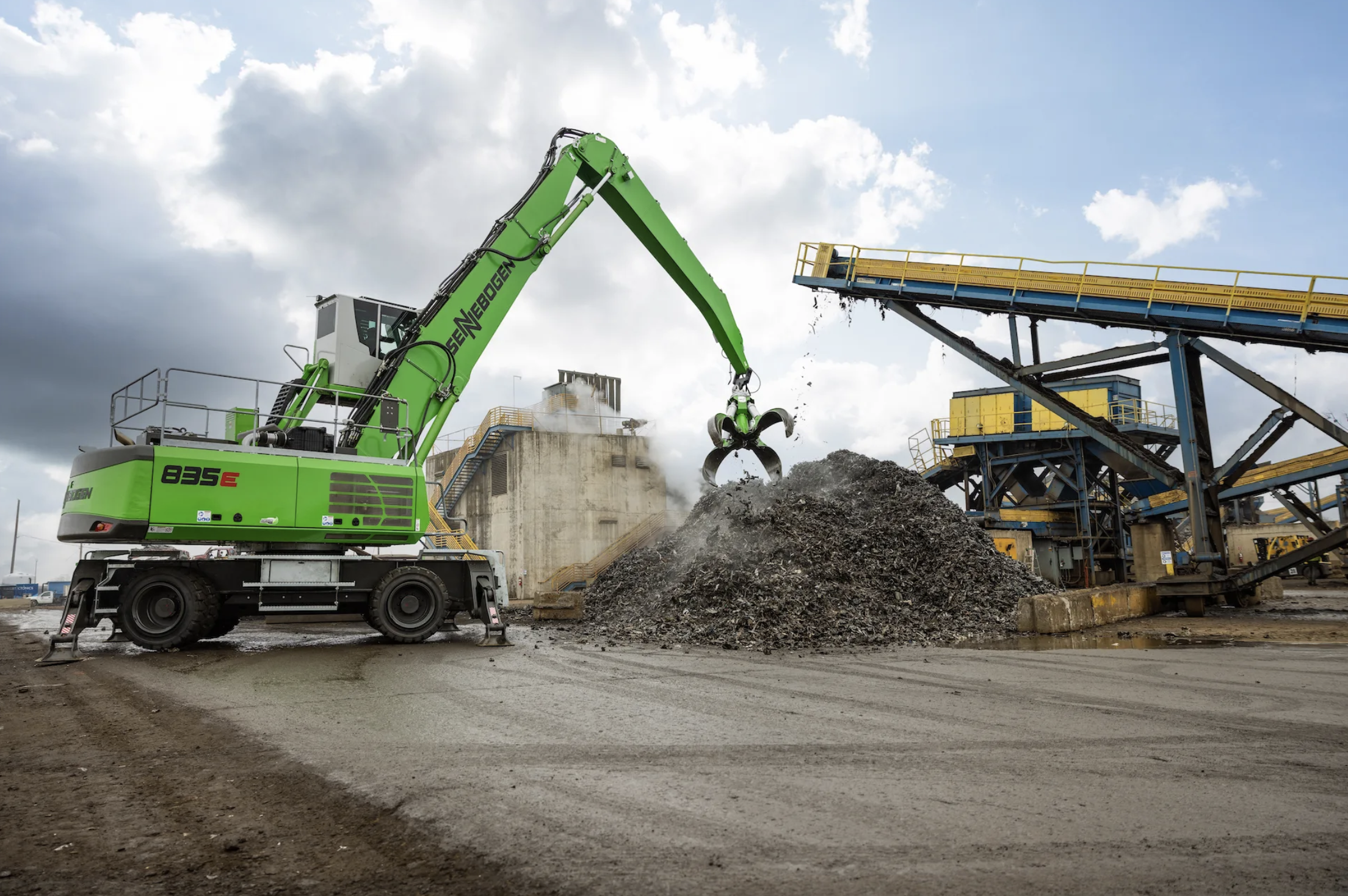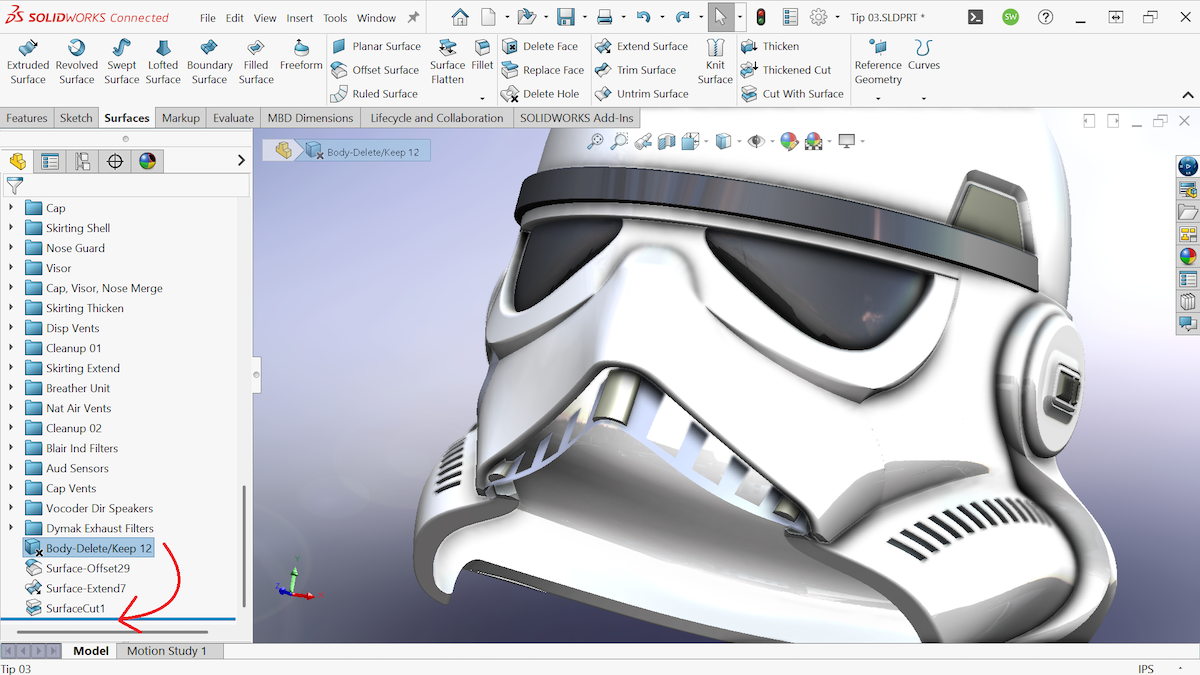I am often asked about the SOLIDWORKS Certification program, primarily about
the benefits of being certified. Since SOLIDWORKS World starts this week, and
since everyone who registers to attend
SOLIDWORKS World 2015
gets the opportunity to
take a complimentary certification exam
alongside other SOLIDWORKS users — at no charge — I thought I’d take this
chance to tell you why I think you should get certified in SOLIDWORKS – or
at least consider it.
For starters, let’s cover what the
SOLIDWORKS Certification program
is in case I’ve already managed to lose anyone. SOLIDWORKS began offering
knowledge-based tests many years ago, the prize of which is a certificate. It
started as only a few certs, but has grown into 13 different certifications
available to users ranging from the entry level Associate exam up to the
all-knowing, all-powerful Certified SOLIDWORKS Expert (as well as many
specialty certifications for things like
Simulation
and Sustainable Design). To earn your certification you must prove that you
have the appropriate skills by completing an exam including knowledge and
modeling based questions.





So why do these certifications matter?
While I cannot tell you that they come with prize money or a fancy present,
they do help you in several ways, including a party in your honor. The reason
SOLIDWORKS implemented the program was to create a standardized way of
measuring a user’s skill level. This helps put users into competency rankings
starting with “I’ve heard of
SOLIDWORKS” to “I can model a varying pitch helical sweep in-context of an assembly”.
Here’s a list of why I think these certifications are important:
-
Being certified is verifiable proof that you truly know how to use
SOLIDWORKS and are proficient in it. Once certified your name can be put
into a searchable registry of Certified Users for all the world to see. -
It’s a great resume booster. Rather than putting “I know how to use
SOLIDWORKS” as a skill you can list “Certified SOLIDWORKS Professional
(Certificate #0000000)”. Guess which one looks better? -
Already in a job, by taking a standardized test you prove well-roundedness
with SOLIDWORKS – not just job specific skills that only benefit you at your
current company. -
Certifications have been used for work incentives. Some companies require
specific certifications to get a certain job. Others just ask their users to
achieve certifications, sometimes tacking on a bonus when they do. -
How about bragging rights? We all do it, so why not have some credentials to
back up the boasting. Get Joe on the other side of the wall to be quiet
about that time you broke a reference by beating him to Expert level. The
included logos with each test make great reminders on your business cards. -
Remember me mentioning a party? Well, when you make it out to the annual
industry convention, SOLIDWORKS World, and get extra flash on your nametag
for each of your certifications. Plus they throw special events for
different certification levels, like last year’s behind the scenes tour and
cocktail hour in PETCO Park baseball stadium for Certified SOLIDWORKS
Experts. (It was awesome!)
-
They can be free! If you are currently taking advantage of the many benefits
of
Subscription Services
with your SOLIDWORKS license you qualify for several free test credits.
Meaning you can get all the way to the Professional level without spending a
penny. Want to know how? Follow the link and sign in with your SOLIDWORKS
Customer Portal login to get your coupons: http://www.solidworks.com/sw/support/subscription/Certification_Offers.html
Ultimately certifications are as important as we the users make them. You
probably wouldn’t take your car to someone with an ad on the internet saying
he knows how to work on cars. Instead, you’d likely go into a shop where they
have ASE certifications hanging in the lobby. As SOLIDWORKS users we need to
take advantage of the work SOLIDWORKS has done to create certifications and
hold ourselves to a higher standard. If you put added value on certifications,
you increase the value of your SOLIDWORKS license and fellow users.
Ready to get started climbing the SOLIDWORKS Certification ladder? Check out
the official certification program here – http://www.solidworks.com/sw/support/mcad-certification-programs.htm. Not ready to take a Certification Exam, because you’d like a little more
training first? Talk to one of our Training Advisors or take a look at
our training schedules.
Also, be sure to check out the rest of the
Hawk Ridge Systems blog (like
this one, about the top ten speed moves for the CSWP) as well as our
YouTube channel
for tips and tricks to help you pass the tests.




